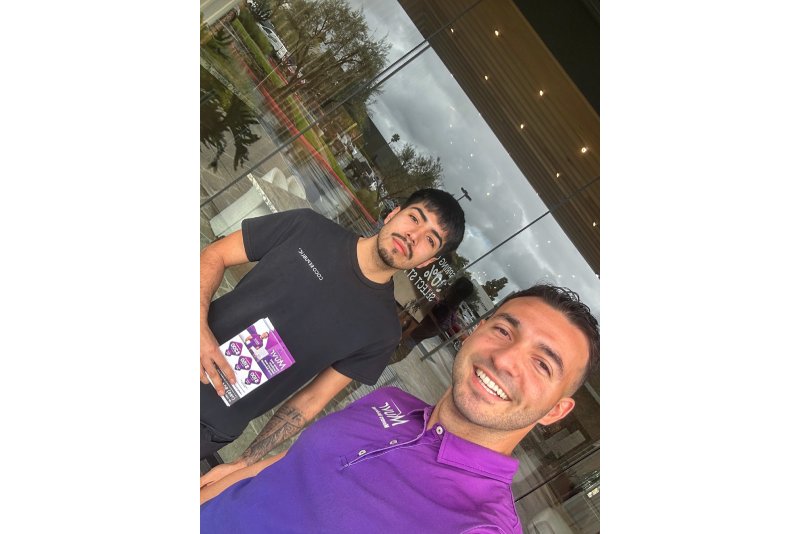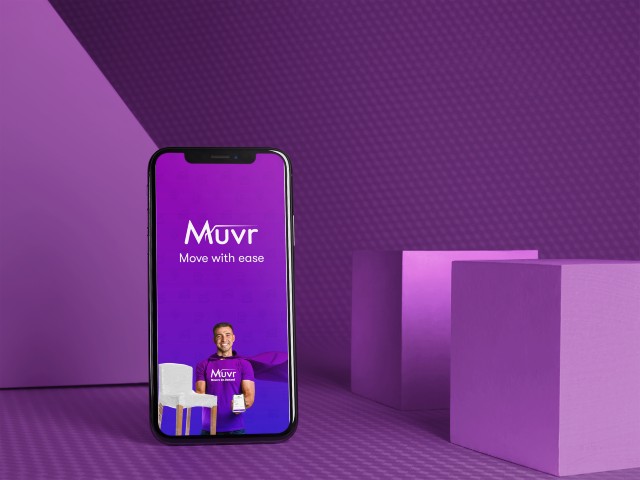Introduction
In today’s dynamic gig economy, the story of Rico Suarez stands out as a beacon of innovation, determination, and transformative leadership. From humble beginnings as a gig worker in the moving industry, Rico’s journey to founding Muvr and becoming its CEO encapsulates the essence of entrepreneurial spirit. This detailed exploration uncovers how Rico’s firsthand experiences shaped a tech company revolutionizing the gig economy and moving services.
The Genesis of an Idea
Rico’s foray into the moving industry began in the bustling streets of Los Angeles, where he quickly identified the sector’s systemic inefficiencies. The challenges were manifold: unpredictable work hours, lack of transparency in job assignments and earnings, and the physical toll of moving tasks. Yet, it was within these challenges that Rico saw the potential for radical innovation.
Early Struggles and Epiphanies
Working various gigs, Rico encountered the common pitfalls of the gig economy—irregular income, minimal job security, and no clear path for growth. These experiences, however, didn’t dishearten him; they ignited a resolve to create a better system not only for himself but for others in similar situations.
Engage with Rico’s journey on Instagram and LinkedIn.
Laying the Foundation for Muvr
The concept for Muvr was born from Rico’s vision to streamline the moving process with technology, thereby enhancing efficiency, transparency, and worker satisfaction. This vision was ambitious: a platform that could offer reliable moving services to customers while providing gig workers with stable work opportunities, fair compensation, and respect for their labor.
From Concept to Reality
The road from concept to reality was fraught with hurdles. Building a tech platform required resources, technical expertise, and industry partnerships that Rico initially didn’t have. Determined, he immersed himself in learning about technology, business management, and the intricacies of the moving industry.
The foundational principles of Muvr were simple yet revolutionary:
- Empowerment: Giving gig workers control over their schedules and earnings.
- Transparency: Clear pricing and policies for customers and movers alike.
- Efficiency: Leveraging technology to optimize moving processes.
Growing Pains and Milestones
As Muvr transitioned from startup to tech innovator in the moving industry, Rico faced numerous challenges. Each obstacle, from securing initial funding to scaling operations across Los Angeles and beyond, provided valuable lessons in resilience and adaptability.
Building a Team and Community
Key to Muvr’s growth was assembling a team that shared Rico’s vision. By fostering a culture of innovation, inclusivity, and continuous learning, Muvr quickly became more than a company—it became a community. This sense of belonging and shared purpose has been instrumental in navigating the complexities of the gig economy and moving industry.
Discover the Muvr story and Rico’s vision.
Innovations and Impact
Under Rico’s leadership, Muvr introduced several industry-first innovations, from an app that matched customers with movers in real-time to initiatives aimed at improving gig workers’ well-being. Each innovation reinforced Muvr’s commitment to changing the moving experience for everyone involved.
A New Paradigm in Moving
Muvr’s impact extends beyond logistical improvements; it has fundamentally altered how customers view moving services and how workers perceive their roles within the gig economy. Through Muvr, moving has become not just a service but an experience characterized by dignity, respect, and mutual trust.
Rico Suarez Today: Visionary and Leader
Today, Rico Suarez is celebrated not just as a successful CEO but as a visionary who continues to inspire with his commitment to innovation, community, and the future of work. His journey from gig worker to industry leader with Muvr serves as a powerful narrative of what’s possible when passion meets purpose.
The Road Ahead
The future looks bright for Rico and Muvr, with plans for expansion, new services, and continued advocacy for gig workers. As the moving industry evolves, Rico’s journey remains a guiding light, showcasing the transformative power of empathy, innovation, and unwavering determination.
Stay connected with Rico and follow his endeavors on Instagram and LinkedIn.

 Business3 weeks ago
Business3 weeks ago
 Business4 weeks ago
Business4 weeks ago
 Business4 weeks ago
Business4 weeks ago
 Technology4 weeks ago
Technology4 weeks ago
 Business2 weeks ago
Business2 weeks ago
 Technology3 weeks ago
Technology3 weeks ago
 Technology2 weeks ago
Technology2 weeks ago
 Technology2 weeks ago
Technology2 weeks ago









